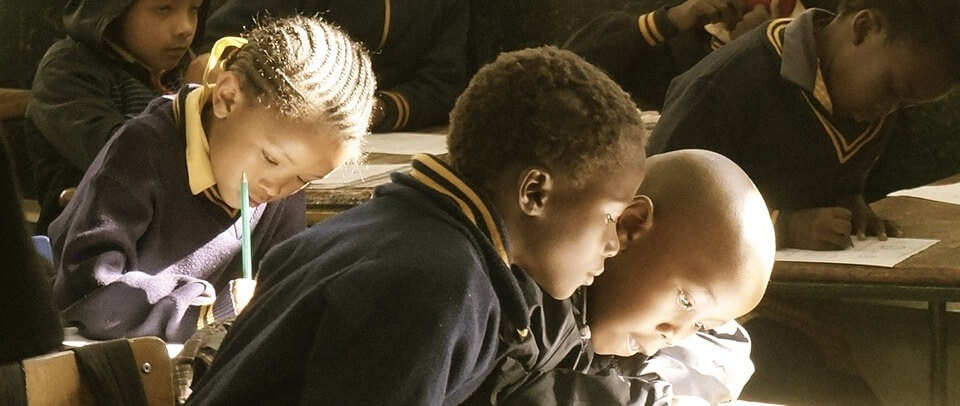The UK’s education system was once ranked as one of the best in the world, however in recent years, budget cuts have left the country’s educational establishments struggling for funding and facing a bleak future. In an attempt to make ends meet, headteachers and governing bodies are having to take some drastic measures, varying from axing jobs to reducing the school day. It’s no wonder that standards are dropping and the public aren’t impressed.

A Narrowing Curriculum
One of the symptoms of the disease of funding cuts is a narrowing of the curriculum. While state schools once used to offer a wide breadth of subjects to accommodate the needs and interests of most pupils, these days, less popular or less lucrative subjects are now being dropped from the timetable, and that has led to many pupils being disappointed that the opportunity to study their chosen subjects are being denied to them. A level subjects are often the first to go, and arts subjects are being lost at an alarming rate. Areas which used to add greater depth to children’s understanding and knowledge have now been axed, with Latin, sociology, music and vocational subjects being among the first to disappear. Children are increasingly being channelled into an ever smaller choice of options, with some schools now offering virtually no opportunities to study anything outside the most basic subjects at all.
A Shortened School Day
Some schools are now looking at reducing lunch breaks and even cutting the length of the school day to accommodate budget cuts. Some schools are so short of money that they are having to stop running after school clubs or essential services such as counselling for troubled teens. There were even reports of a school in Wandsworth, London asking pupils to assist in cleaning classrooms at the end of the school day, since there was a lack of money to employ another cleaner.
Higher Work Loads And Fewer Teachers
One repercussion of the budget cuts in the English education system is the higher work load faced by teaching staff due to the lack of funding to employ sufficient teachers and classroom support assistants. Increasing numbers of primary classrooms are losing their TAs, while many secondary teachers are finding that they are roped in to provide cover for staff who are having their PPA time because supply cover is too expensive. Resources in schools are also suffering due to budget cuts. Teachers are finding that they often have to pay for their own photocopying or supply their own paper or classroom resources, since schools can no longer supply them, while pupils are often forced to study from substandard materials or out of date textbooks due to lack of funding to buy new ones.
The Cause Of The Funding Crisis
Teaching unions like the NUT and NASUWT claim that the funding crisis has been caused by many consecutive years of frozen educational budgets, which have now been compounded by higher pensions, wages and taxes together with inflation. Although funding levels have remained physically the same, in real terms this means less is available per pupil to spend on essentials. As the per-student funding and social benefits has no protection, schools face reduced pastoral support, the need to lay off teachers and support staff, fewer after school activities, a narrower curriculum, decaying buildings, a lack of resources and out of date technology. There is also no evidence of change any time soon, with a real-term reduction across every school in the UK predicted to be £3 billion by 2019. School funding is estimated to fall by around 3% by 2021, even when taking into account the £1 billion additional funding promised by the Conservative government, when the increase in pupil numbers and inflation increases are taken into account.
Additional Parental Expenses
It isn’t difficult to see why parents are unhappy and are starting to lobby the government for change. The lack of teachers has led to declining standards in many schools, while in others, the lack of teaching assistants to help disadvantaged, disabled and struggling children has meant that the most vulnerable youngsters are missing out on opportunities. As after school clubs are axed and lessons are cut short at the end of the day, parents are having to pay out extra in childcare costs, and in many cases, cash-strapped parents are being asked to contribute to the cost of certain classes, for example by donating food for cookery lessons, in order to keep them running. In some cases, parents have been asked for financial contributions towards the school budget, under the threat of axed teachers and a poorer quality of education for their sons and daughters. When parents are faced with letters asking for monthly payments to cover the costs of educating their children, it’s easy to understand why dissatisfaction levels are high.